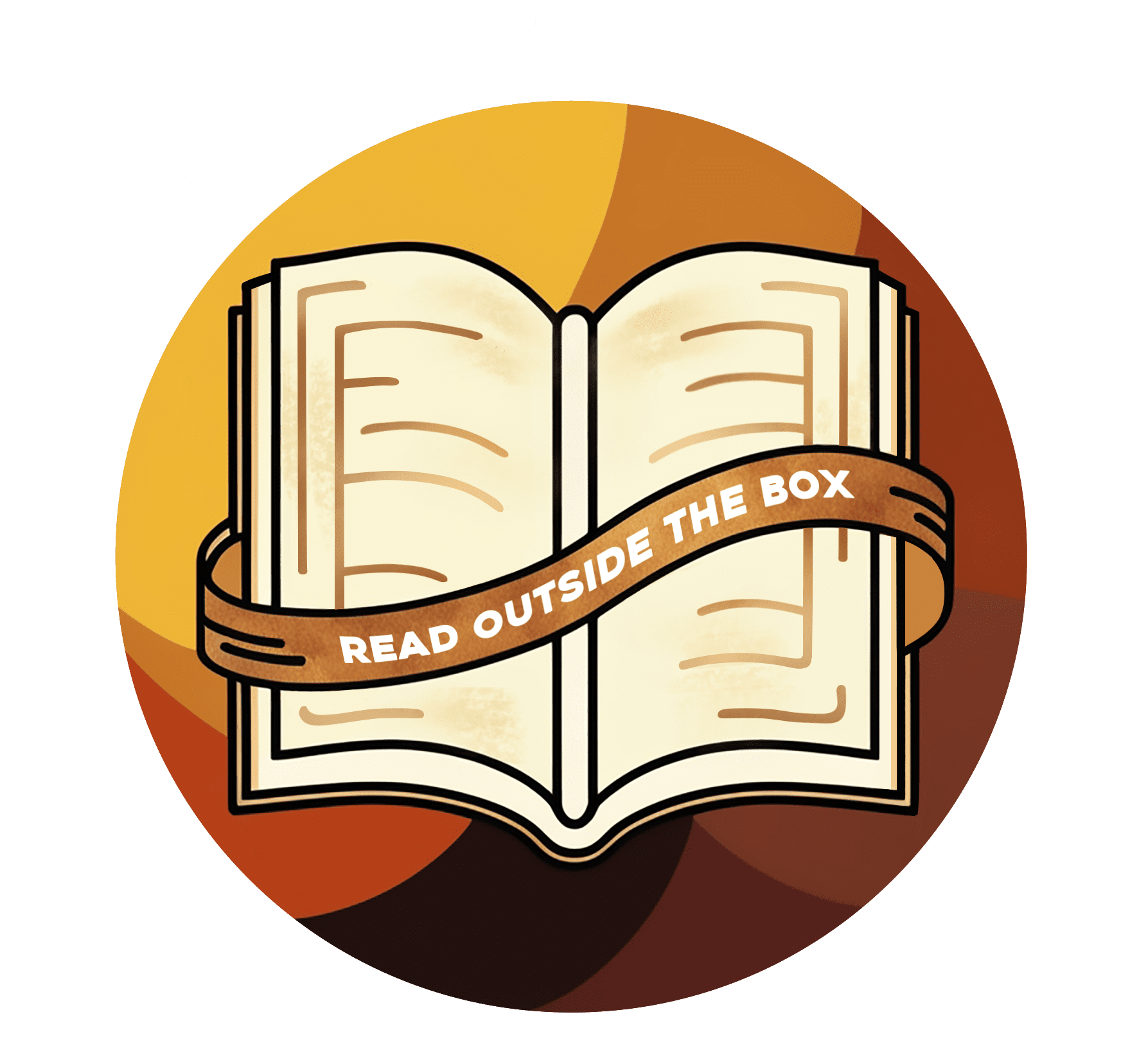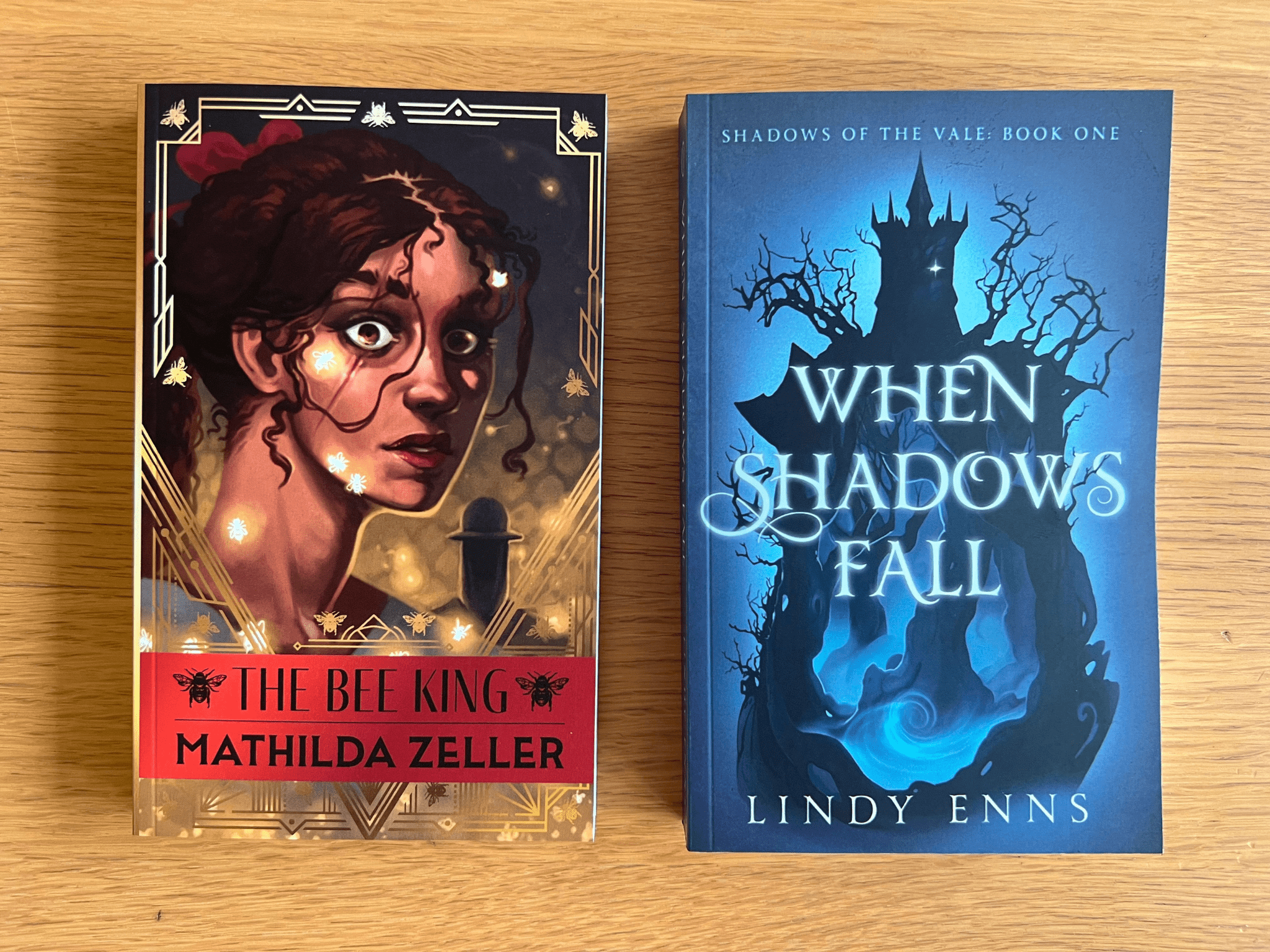THE MAN WHO MARRIED HIMSELF
I’ve been writing since I could hold a pen. In the early 90s, Microsoft released a word processor for kids called Creative Writer, which inspired me to write more – I loved exploring my imagination, and craved validation from my readers (at the time, relatives and teachers). It was a pipedream for me to become a writer – until I had an epiphany and realised that I already was a writer! It sounds obvious, but that realisation gave me a big boost in confidence and I started getting my stories published, which in turn led to greater opportunities. Writing has always been a hobby for me, but it’s also part of my identity – it’s something that fills me with passion and ambition.
I started waaay back in 1996, when the World Wide Web was brand new, and modems made telegraphic beeping noises. (Remember Netscape and AltaVista? Anyone?) I wanted to use this new medium to create a platform for short stories, both my own and other people’s. At the time, there were only a few dozen similar websites, and most of them were genre-specific. We all linked to each other and helped promote the idea that the web was a great place to find fiction.
Fiction on the Web has evolved a lot since then – the last major overhaul was at the beginning of this year, polishing up the magazine and professionalising it. I’m also now publishing a monthly audiobook of some of the best short stories. My goal is to spread the power and joy of short stories by:
- Publishing a diverse range of excellent stories.
- Giving authors a platform to be proud of.
- Fostering a community of readers, commenters and patrons.
- Always remaining free to read, free to submit.
One of the advantages of treating writing as a hobby is that I’m under no pressure to find a niche or meet certain expectations. So, even though my humour stories have tended to be my most successful, I’m often exploring other genres and styles.
I’m never short of ideas, but some ideas just won’t go away – I end up thinking about them on car journeys, or while preparing meals, or when I’m trying to sleep; and the only way to get them out of my head is to write that story.
I love the short story format, but sometimes an idea defies that containment, and it has to be a screenplay. I’m in love with films, and that kind of visual writing is a lot of fun – it’s a skill and a style that I’m often importing back into short story writing, too.
I’ve got loads of tips and secrets. First of all: Why do you write? If the answer is for money or for fame, these are probably not good reasons. 96% of books published by the Big Five publishing houses sell fewer than 1,000 copies. But there are lots of other good reasons to write, such as creative expression, personal growth, community engagement, etc. Your own reasons for writing will influence which markets you might want to target for publication.
There are lots of ways you can hone your craft. But also, there are online courses you can do such as BBC Maestro, or Master Class, or Faber Academy. There are books, like Stephen King’s On Writing, or Bird by Bird by Anne Lamott, or the Save the Cat series by Blake Snyder. You can get your stories peer-reviewed by joining a writing group on Meetup.com, or an online community like CritiqueCircle.com. And when you’re ready to submit, make sure you format it properly (Shunn Modern Manuscript Format), and read the magazine’s submission guidelines. There are websites that can help you find the right place to submit: ChillSubs, Duotrope, and the Submission Grinder each keep lists of thousands of potential markets.
I write a monthly newsletter to my Patreon community that often contains advice and editorial insights. Join in! patreon.com/charliefish



